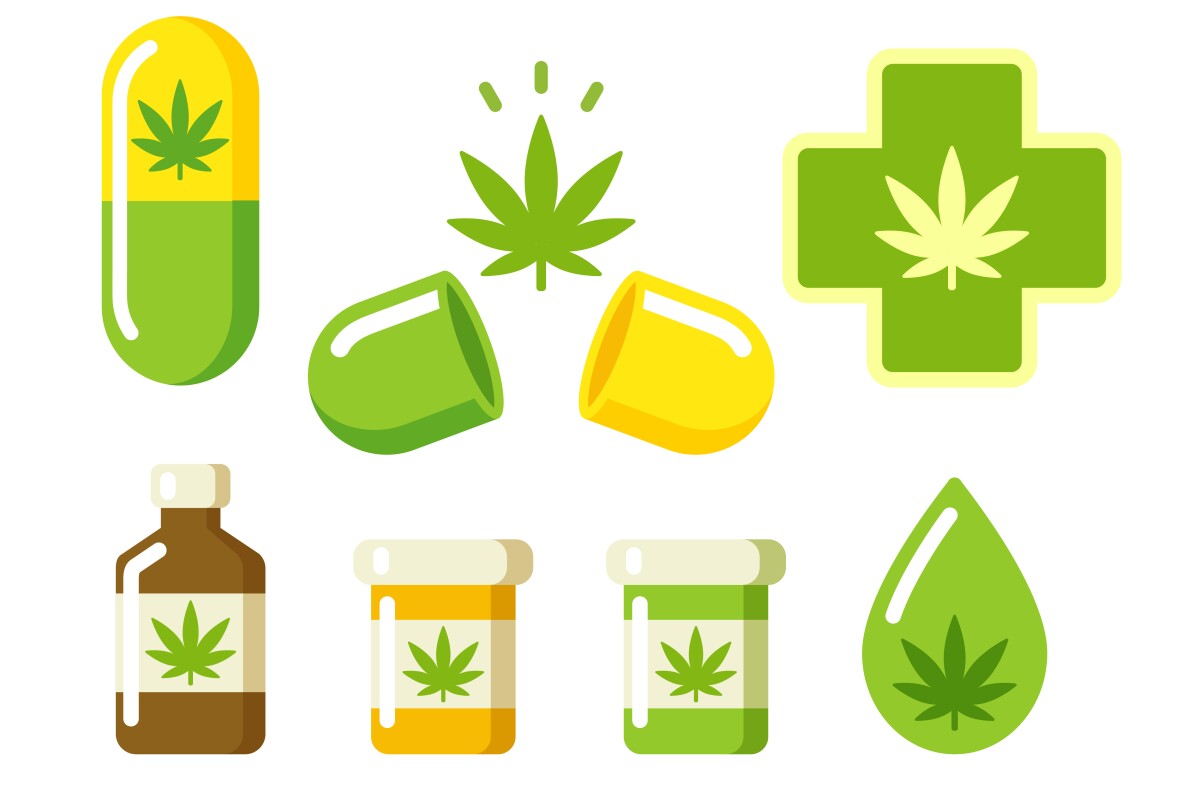
As is always true, a better solution drives a lesser solution from the market. Of course Big Pharma is a past master at disappearing fine solutions and then replacing it with a lesser solution when thge patent runs out..
turns out CBD has multiple indicated applications and consumers are doing their homework and basically trust any form of cannibis complex ahead of a Pharma solution.
The whole BIG PHARMA monopoly game must stop and our whole medical system will need a full overhaul.
Cannabis legalization in US projected to cost big pharma billions
By Rich Haridy
September 05, 2022
If medical cannabis was legalized across the US it's estimated there would be a 10% drop in
https://newatlas.com/health-wellbeing/cannabis-legalization-us-big-pharma-billions-drug-sales/
New research from a team of economists has estimated the legalization of medical and recreational cannabis over the past 25 years has cost pharmaceutical companies billions of dollars in lost sales. And, if the US were to legalize cannabis across the whole country, pharma stocks could rapidly drop by over 10 percent.
Over the last few years, as cannabis prohibitions have gradually lifted across the United States, researchers have chronicled a number of interesting changes in drug use behaviors. For example, several studies have seen a distinct drop in opioid prescriptions after medical cannabis was legalized in a given state. Even more generally, some research has linked access to medical cannabis with an overall drop in prescription drug use.
So a trio of economists, from the California Polytechnic State University and The University of New Mexico, set out to try and quantify the financial impact of cannabis legalization on the pharmaceutical industry. The researchers looked at the impact of medical and recreational cannabis law changes on stock market returns for pharmaceutical companies over the past 25 years.
The study analyzed 45 cannabis legalization events, both medical and recreational, in US states since 1996. The findings revealed stock market returns for a pharmaceutical company dropped by an average of nearly 2% following any cannabis legalization event. Across all pharma companies, the researchers estimated this equaled a drop in annual drug sales of around $3 billion for each individual legalization event.
Speculating into the future, the researchers calculated a nearly 11% drop in total annual pharmaceutical sales if medical cannabis was legalized in the 16 US states yet to make the leap. This equates to a $38-billion drop in drug sales, and that's just based on broader access to medical cannabis.
The study calculates an even bigger impact on pharmaceutical sales when recreational cannabis laws are enacted, compared to when medical cannabis laws are triggered. This suggests the somewhat restrictive nature of medical cannabis cannot account for all the ways people may use cannabis as a replacement for conventional medicines.
“The implied sales decrease from recreational legalization is about 129% greater than that of medical legalization,” the researchers noted in the study. “Comparing effects on generic and brand drugmakers, we find the effect on brand drugmakers is 224% larger than the effect on generic drug maker sales.”
The study does note there is evidence that pharmaceutical companies have recognized this threat from legalized cannabis and begun targeted lobbying to prevent broader legalization. However, the researchers suggest pharmaceutical companies would be better off investing in cannabis markets as opposed to lobbying against legalization.
“The future of cannabis medicine lies in understanding the prevalence and effects of the plants’ components beyond THC and CBD and identifying ways to categorize cannabis by measurable characteristics that are known to yield specific effects,” said study co-author Sarah Stith. “Mimicking conventional pharmaceuticals through standardization may not be the optimal endpoint for cannabis, as the variability inherent in the cannabis plant is likely driving its ability to treat so many conditions.”
No comments:
Post a Comment